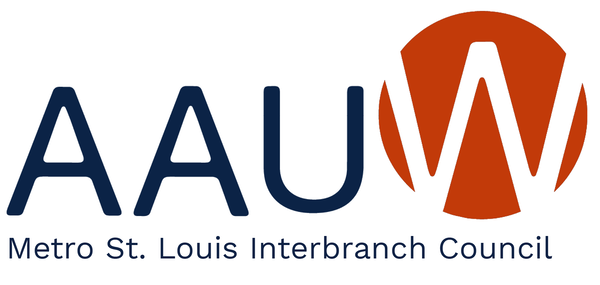HOW DO TODAY’S THREAT AGENTS INVADE HOME COMPUTERS, AND WHAT AGENCIES EXISTS TO HELP CONSUMERS?
There is a St. Louis office of the U. S. Secret Service that handles financial crimes, and crypto and general financial fraud. Agents can help if a widespread problem exists.
St. Louis cyber-insurance agents watch Cyber “threat actors” who threaten corporations and businesses. (https://www.secretservice.gov/investigation/cyber)
Lawyers are available who specialize in cybersecurity issues – there are now U.S. cyber-laws that can protect you. The most risk today is from cyber criminals, rather than from flaws in the systems as in the past. Read more…
- There are different types of fraud today.
- One is Social Engineering fraud such as Romance Schemes (social manipulation). Anyone can be duped – we all can be made more vulnerable when personal buttons to be pushed are discovered. You can be known to threat actors through your emails, and online presence.
- Good news: corporate threats using ransomware have largely stopped.
A guess might be that offenders are busy fighting a war. (Ukraine is guilty of harboring many such offenders). But the danger of a ransomware attack still exists. In this type of attack, you are locked out of your systems until, you pay a ransom. - Personal invasion is still active. Online greeting cards are a major threat by providing pathways for offenders to enter your system and deposit corrupting software, which drains your personal information. Your personal accounts can provide a pathway to invasion by invaders ferreting out your corporate and banking contacts. Beware of news that you need a new address for banking or bill paying. Always call the company to check before changing anything. Or ignore it (double check where the request came from!)
- Since today’s invasions are “human-managed”, traditional anti-virus programs are less effective. Threat actors can find a way “in” as you open unknown mail, click on phony offers or reply to dubious emails.
Windows may be more vulnerable to threats than Apple OS because Windows is used more widely for business and finance. But Apple systems are not 100% safe either. Effective antivirus software is offered free through internet service providers. Check with your provider for download instructions. Bear in mind that business may need upgraded protection, but the home user will probably find these free included protections sufficient. Read more…
- Be your own threat actor. Update your devices when prompted—daily if necessary, Install anti virus software: Windows 11 includes it free, and Microsoft offers it free for older versions of Windows. You can also buy anti virus programs. But viruses are not the only invasions you can experience.*
- Back up personal documents and photos on an external source: an auxiliary hard drive or simple flash drives: be offline when you back up. Use Cloud storage for photos, contacts and media, but use a non-cloud backup for financial data.
- *Do not respond to online requests for money or account management. Aways either follow up requests to report passwords or files by calling the company to ascertain legitimacy….or simply ignore the request. Through you the invader learns about your bank, your payment programs, etc., and will usually “give” you a “needed” or “updated” change of address for the bank or bill pay method.
Today’s threat invasions are usually “human-managed”, that is, caused by bad actors and deliberate criminals. Anti-virus software guards against known threats, but not against this type of invasion. Although Windows is more vulnerable than Apple because it is more widely used for business, Apple is also vulnerable today. So, what will help? Read more …
- If you are asked to update your password and a link to do this is offered, Don’t! Either make a call to determine legitimacy or simply ignore the request.
- use different passwords for different sites – sounds simple (and it is) but it is surprising how many people just repeat passwords over and over!
- Your cell phone’s SIM card can be easily corrupted at a phone store by unscrupulous employees. They can then keep a copy of all your data and share that with hackers. Be aware.
There is really no “sure” way to protect yourself except by being constantly aware and trying to stay away from vulnerable situations. Don’t be tempted by pathetic requests or extravagant offers. Remember that threat actors invade the contacts lists of your friends and neighbors, and their messages are often disguised as communications from people you know. What do to if you suspect you have been invaded? Read more…
- If you have experienced a financial threat, disconnect your computer and contact law enforcement and the firm that has been invaded (your bank, stock broker, etc,). Tell them what has occurred and see if you can involve law enforcement.
- Reinstalling your computer’s operating system can eliminate corrupt files. Of course you will lose all your stored data – it’s like starting off “new” — but if you have backed up everything, this can be managed. (Just be sure you backed up files BEFORE you were threatened!)
Be safe not sorry! Your friend in AAUW, Joyce Katz
